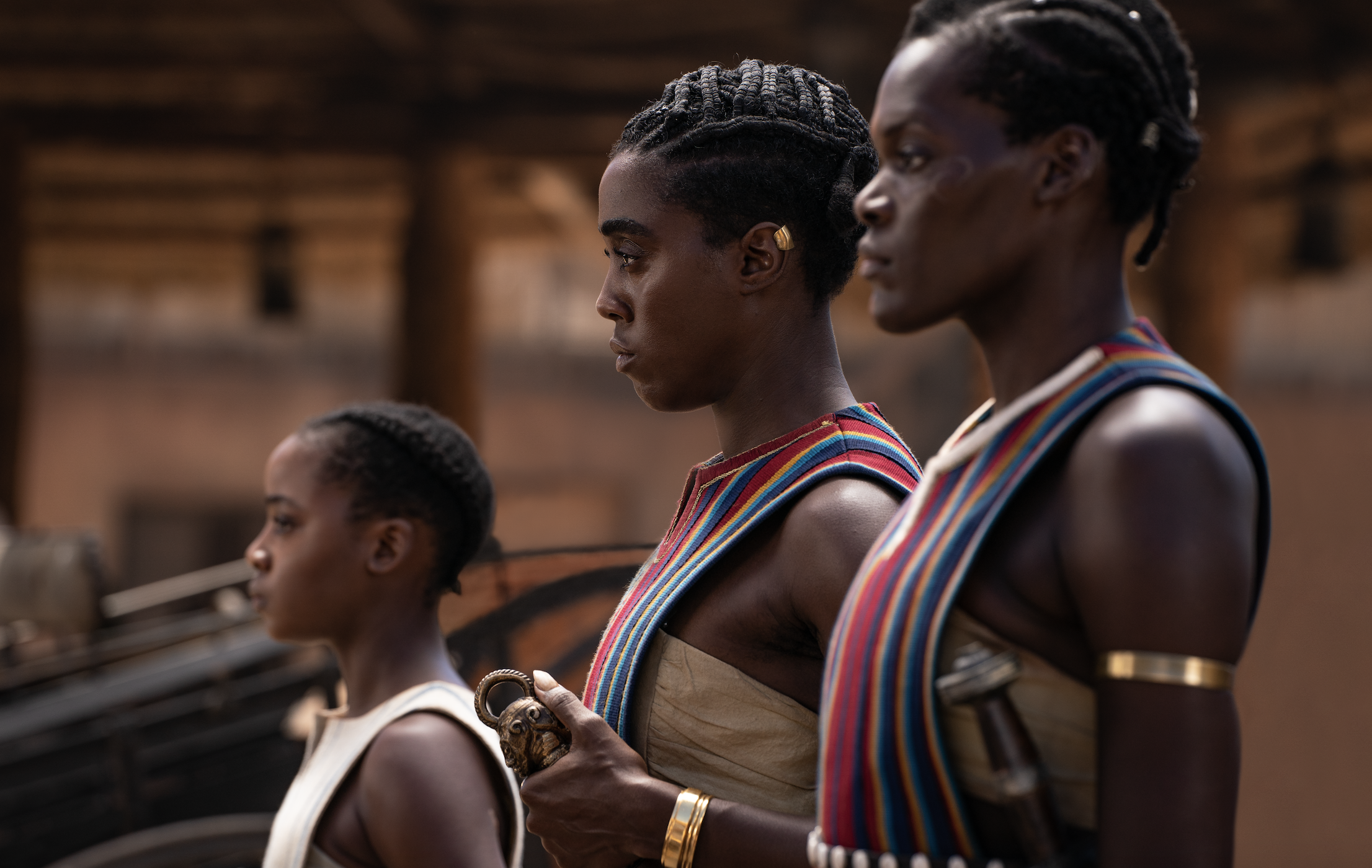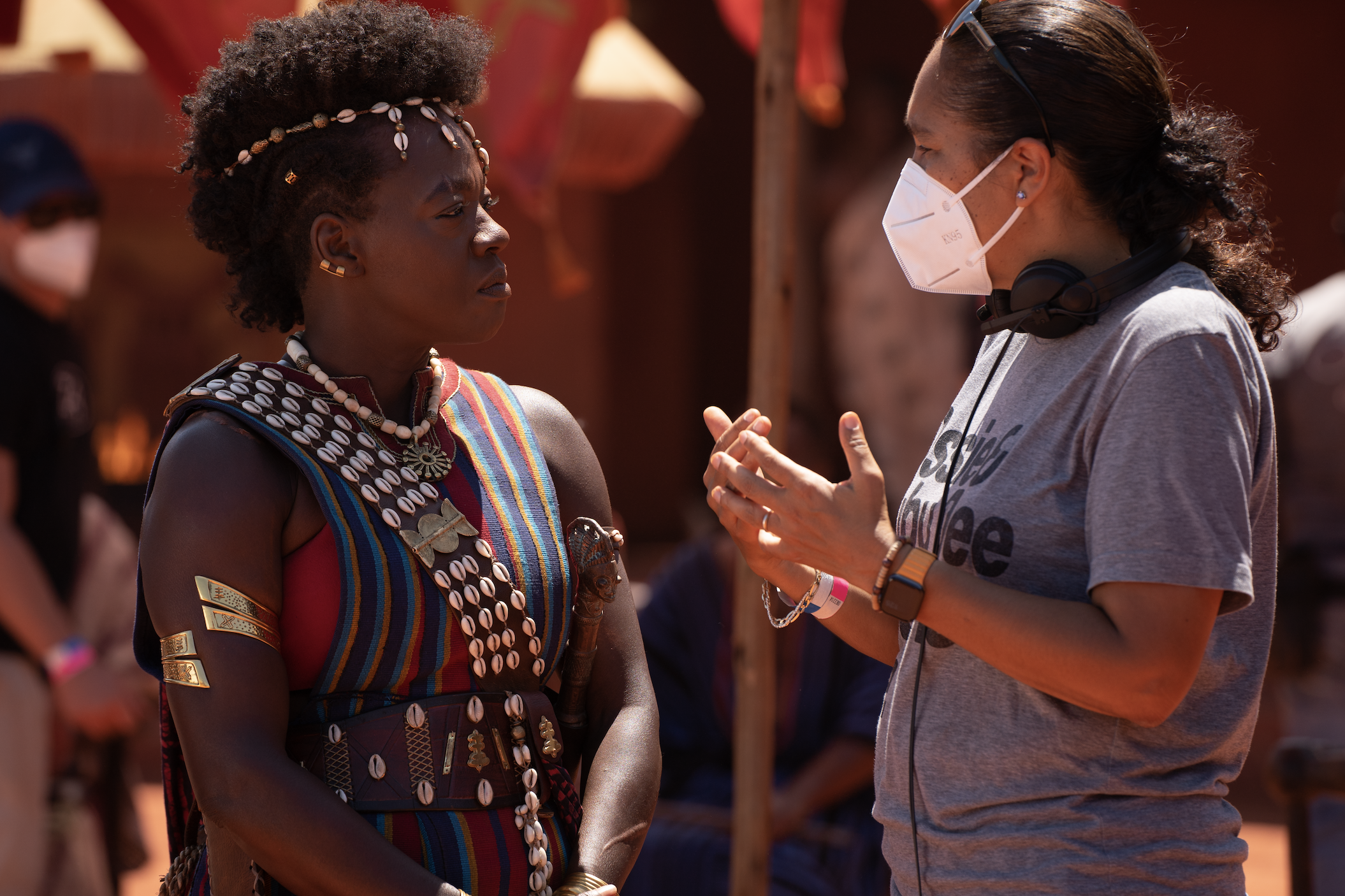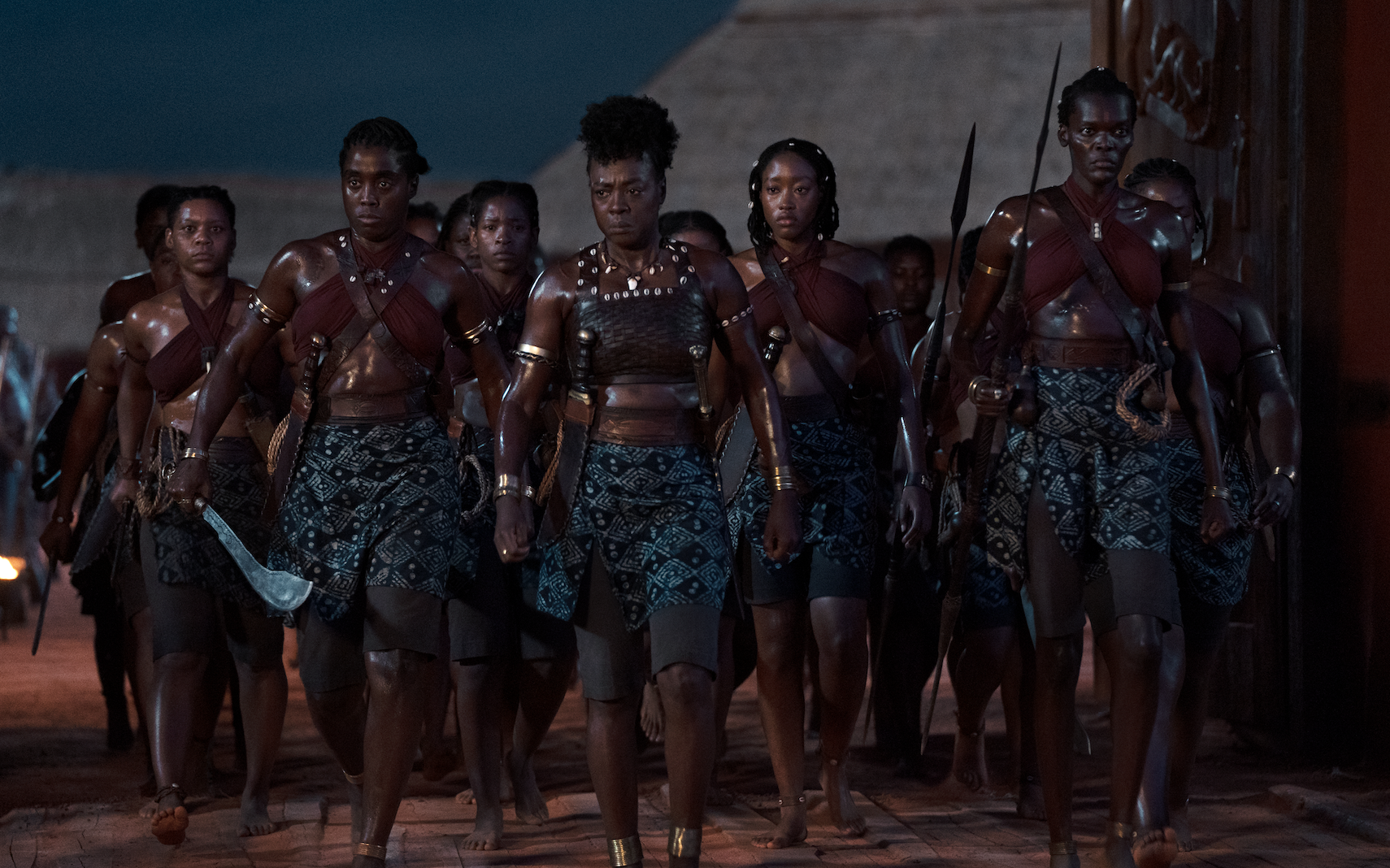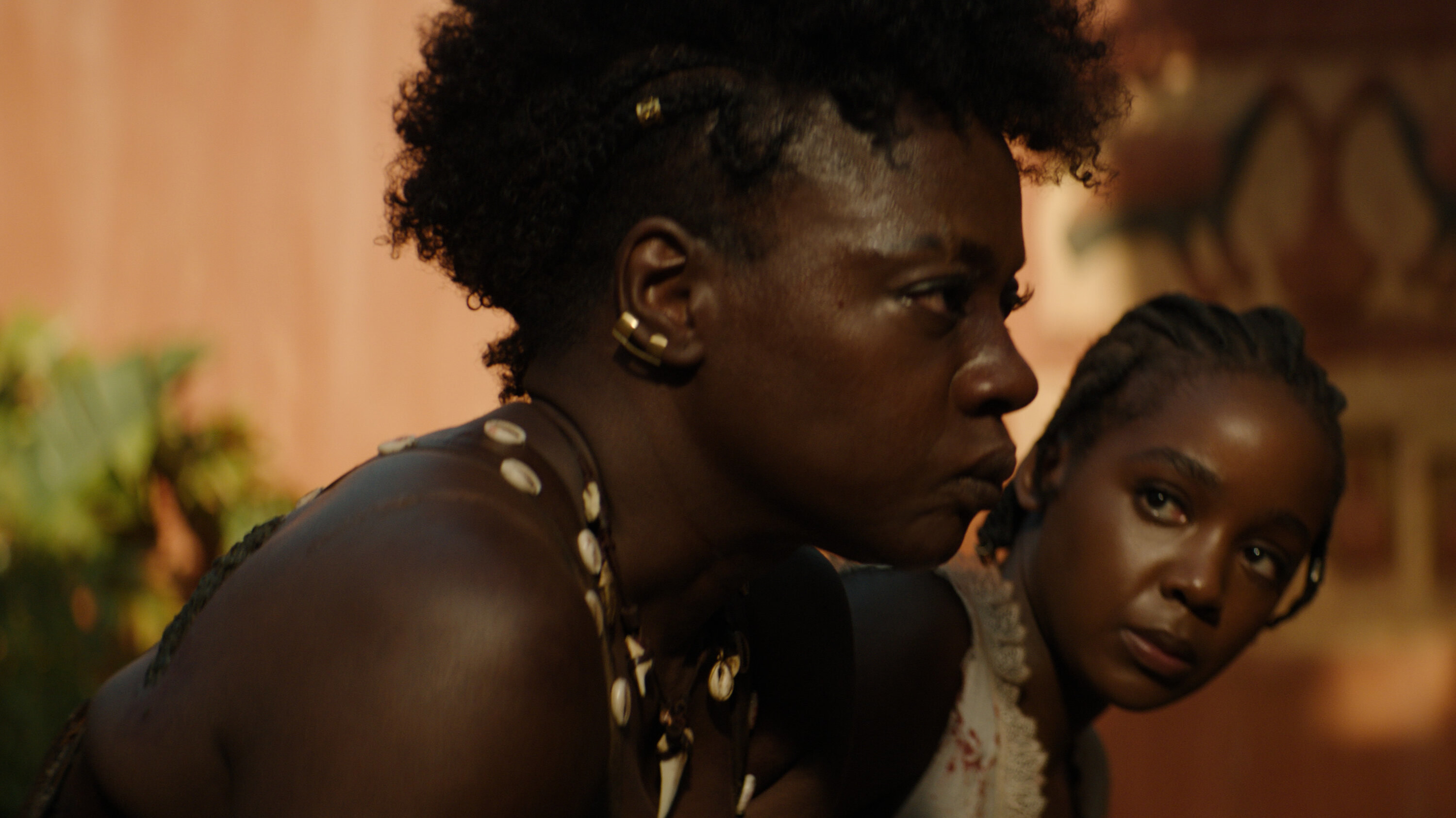Absolutely. For years, I wanted our Braveheart. The historical epic is a genre that I love, but had never seen us in it, and it was something that I aspired to do. And certainly, the choices I’ve made in the last couple years have been leading to that, then suddenly the script that felt like it gave me everything I wanted came. And Viola Davis on top of that! So what was it about the script that jumped out that made you go decide that this was the film? I mean, 1000 things, certainly. As I was reading it, literally within the first five pages when I read the women rising up out the grasses, I was saying, “I want to shoot that”. And then the more I read, knowing that this was a true story, that these women existed, knowing that I had the opportunity to put them on screen and put them in the world.Also, it was the humanity of these women in the sisterhood – it’s so much more than just a badass chick flick. You know, there are so many deep personal intimate things going on within this as there are big set pieces, and I just wanted to do all of it. Never, ever. We’re here to tell the truth; this is a historical epic. We’ve created characters but we’re putting them within a real world. Everything that was happening at the time that we chose to set this film is real, and you have to tell the truth; it’s part of who they are. But it was also such a complicated issue at the time – the Dahomey were trying to figure out how they could change their way of life and focus on natural resources, like palm oil. So I wanted to deal with that question, and tie it honestly to where we are today. Ghezo’s whole speech at the end was me talking to us. The cast comes from all over the world – could you talk us through the casting process? I just knew that this was going to be the best rehearsal and best way to help them build their characters through the physicality. Not only them personally, but building the sisterhood as well. When you train the way they did – and this was this was months, not a couple of weeks to look cool – they changed their bodies and changed their mindsets. It was everything, and what they brought to each other during that process was to lift each other up and be competitive in the best way with each other. All that sisterhood that they created off screen then showed up on screen. Is it true that you also took part in some of the training? You know, it was free training! But also, I just it was a great way for me to bond with them as well, and I’m an athlete so I knew what they were going to be going through. I felt like I could help them by being a part of it and showing, “hey, I’m here too.” But don’t get me wrong, I was able to step out when I had to – obviously I had to direct a movie! So what they did was extraordinary and I got to just kind of come and do some stuff with them. The fashion and hair were both amazing throughout. Where did you draw inspiration from? I think that’s the beauty of having your vision. Your vision dominates every single aspect of production. So but the religion that we show within the film – which has become voodoo in America – is so associated with evil now, and it was never that. That’s not what it was in this culture, not what it is in the continent. So to be able to reframe what that and show the beauty of it was really important to us.If a director isn’t connected to the material, they may not think about things – like the way I lit our women. How many times have you gone to a movie and you can’t see the character in the scene? That was never gonna happen because of that intention. It’s important that more of us are in the scene to be able to put our lens on these films on these stories and tell them the right way. I knew none of the action would mean anything if you didn’t care about the characters, if there were no stakes. So it was really taking the time to get to know these women to understand what each of them is going through. And really taking the time to invest in them, invest in their relationships. Like, I got as much excitement as shooting the bath scene, or the guidance scene, or the braiding scene, as I did shooting the big oil battle. And you have to have that equal love because they should they should all have equal weight. Filming took place during the pandemic, but were the cast and crew able to come together and enjoy each other’s company between takes? Oh man, this cast loves each other, it’s a beautiful thing. This was a type of set where even if you weren’t shooting you were showing up to watch the other people. We got shut down for a minute because of Omicron, and it was a case of keeping together and kind of promising each other we were going to come back and finish the film – there was uncertainty for a minute. But the bond of these women was so strong, that it was never going to happen that we weren’t going to figure out how to finish the film. I really have so many! I’ll say the braiding scene between Nawi and Izogie is one of my favourites. They’re sharing this really intimate moment with the braiding of hair, yet what they’re talking about is wanting to be great warriors – I love the contrast of that. I love that scene at the end between Nawi and Nanisca in the garden, that scene wrecks me. I love what they’re saying, and how so many women have been able to connect to that even if you didn’t experience what the characters experienced.



